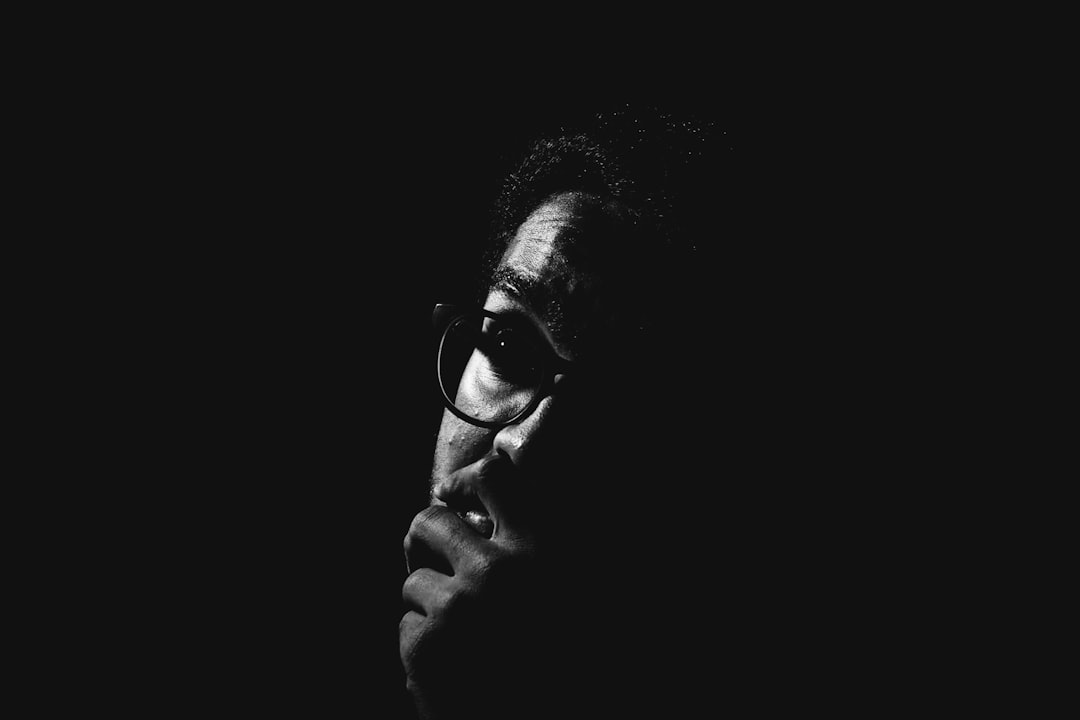When In Doubt
5 things to remember
Doubt is a normal part of faith. You are not less of a Christian because you have doubts. You are not losing your faith because you have questions. In fact, you’re growing in faith. Anselm called it “faith seeking understanding.” You might have asked your questions to someone, and they reacted in fear. That has more to do with their ability to handle tension and trust God’s sovereignty than you’re questioning. John the Baptist, the man who baptized Jesus and heard the Father’s voice speak over him, asked Jesus when he was in prison, “Are you the one who is to come, or should we expect someone else?” (Matt. 11:3). God can handle your questions. You have nothing to be afraid of.
Faith is slow. It’s okay to hold a question in tension for years. There are questions we will never have answers to. That’s okay. Take your time. God isn’t scared of your questions or just waiting for you to finally figure things out. He is patient with you. He has mercy on those who doubt. We don’t need to rush through our questions just to resolve the tension or our discomfort. Our walk with Jesus will take our entire lives. A slow faith is a faith that has room to breathe. A faith that has room to breathe is a living faith.
Faith is about formation, not getting graded on a test. You might be asking yourself, “what if I’m wrong?” That’s an understandable question to ask. There are even good times to ask that question. Just remember that you’re not going to submit a scantron for entry to the kingdom of heaven. You’ll lean wholly on your trust in Jesus. And that is a transforming trust that forms us into Christ’s likeness over the course of our lives. Some good questions to ask are, “who is Jesus?” and “is this making me more like him?” Our answers may do a better or worse job at that. So our answers do matter. You want to be transformed into the real Jesus, not a Jesus made in our own image. But they don’t matter because you’re taking a cosmic test. They matter because of who you are becoming.
Doubt is made possible because of belief. We only doubt what we believe because of a belief we have that we are not doubting. This makes it tricky because we can closely examine one aspect of our beliefs and completely ignore another aspect. This is why it’s important to slow down, take your time, and avoid rushing to conclusions. We can never wipe the slate of our beliefs clean. We’re always judging one belief by the standard of another, whether we are aware of it or not. Keep pushing down to the thing under the thing. Go one layer deeper. And another layer. And another layer. There are stories we believe that we don’t even know we believe. Examining those stories is just as important as examining any doctrine or cultural practice.
God loves you. God sees you. God hears you. You’re going to be okay.



